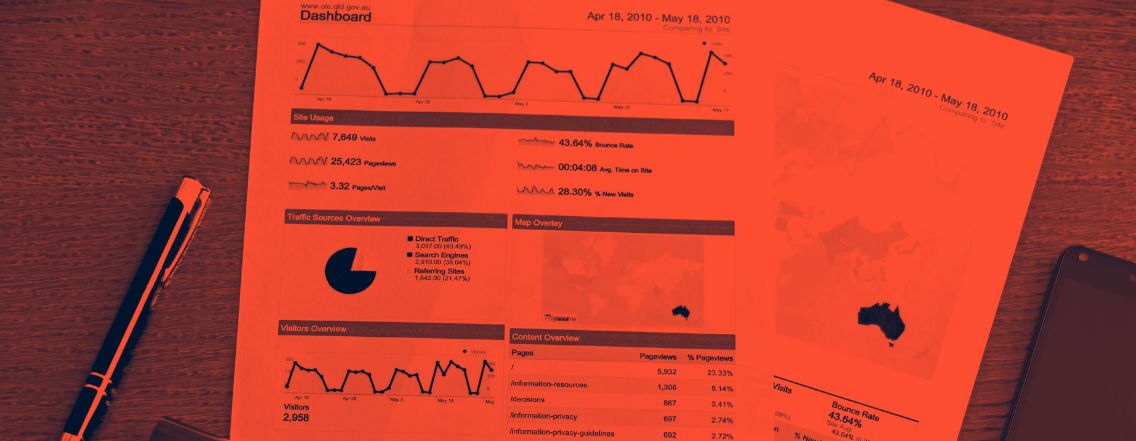The direct debit linked to a mandate authorisation is now one of the most widespread and practical payment methods for companies, providing a secure way to receive payments for merchants and creditors.
For consumers, it is also an effective way to arrange for automatic debits by their bank without the need for any specific action, both in France and abroad.
The SEPA Direct Debit thus offers benefits to both parties in the payment process, which is why it is essential to understand how to set up a monthly direct debit, what the benefits are for your customers and which solutions may suit you if you want to set up recurring payments.
How to set up a direct debit: the direct debit mandate
This is an important concept when it comes to direct debits.
For a debtor, obtaining a direct debit mandate with a direct debit authorisation in favour of a creditor is the main step in initiating the recurring payment process.
The mandate sets out the details required to enable one-off or regular payments to be collected, including:
- the Unique Mandate Reference (UMR): this will be used to identify the direct debit(s);
- the SEPA Creditor Identifier (SCI): this identifies the creditor in the direct debit transaction;
- the SEPA Creditor contact details: name / company name, address, etc.;
- the type of SEPA Direct Debit: one-off or recurring.
Once the debtor has validated the information on the mandate and sent it to their bank and the creditor, the authorisation is set up and direct debits can begin.
To manage this type of high-volume transaction, you can choose a traditional bank, but we advise you to select a specialist Payment Service Provider (PSP) – such as SlimPay.
Since the creation of the SEPA area, you have the advantage, as a creditor, of being able to take a recurring direct debit from any company whose head office is located in one of the countries in the SEPA area, based on the mandate produced.
This is a significant argument, as the post-authorisation processing of a SEPA Direct Debit is carried out in the same way as a national direct debit, with the same benefits in terms of the time taken to collect the funds.
Why set up a direct debit?
As a business, there are a number of reasons why you might want to set up an automatic, recurring direct debit:
- To guarantee recurring cash flow: by collecting direct debits regularly, and above all on a fixed date, you, as a creditor, can guarantee your company’s financial stability by forecasting your expenditure and investments;
- To make recurring payments flexible: with the recurring SEPA Direct Debit, you can configure the date, frequency and amount of your direct debit;
- To reduce the risk of late payments: automating payments by setting up a direct debit reduces the risk of non-payment and contributes to your company’s financial health. The amount due is debited from the debtor’s account by the bank on a fixed date, then passed on to the creditor;
- To offer customers a payment option: automatic payment represents a real opportunity to make life easy for customers, who no longer have to worry about the payment deadline. This can help to increase customer satisfaction and, for direct debits linked to subscriptions, it can also help build customer loyalty.
Whatever your reason for choosing to set up a payment method such as direct debit, there are several solutions to suit your needs as a merchant.
What solutions are available to set up a direct debit?
There are many ways of setting up direct debits in countries in the SEPA area.
While traditional banks were historically the pioneers of SEPA payments, new players have now emerged in the payment sector.
For example, did you know that there are companies specialising in direct debit that can automate, reconcile and generally manage your recurring SEPA payments?
SlimPay, with its SlimCollect product, offers you a solution for collecting recurring payments across the entire payment value chain, i.e. from debiting to crediting and including recovery of failed bank transactions.
Choosing a Payment Service Provider like SlimPay means choosing a flexible solution for collecting your subscriptions securely, in a dedicated geographical area and with a user experience optimised for mobile and web channels.
What to do in case of an unpaid direct debit: is payment by link the best solution?
Link payment is a payment method that allows a service provider or company to create unique and secure payment links for their customers to make a payment.
These links can be sent to end customers via automatic emails to their inbox, for example.
Apart from its innovative nature, payment by link offers a number of advantages:
→ Simplicity: payment by link eliminates the need to manually enter payment information for each transaction, providing a fast and frictionless payment experience.
→ Security: payment links are generally secured by advanced encryption protocols, guaranteeing the confidentiality of customers’ financial data and the security of payments.
→ Flexibility: merchants can customise payment links by specifying the amount, currency and expiry date, thus giving customers maximum flexibility.
This technology is used by SlimPay, in particular to recover your failed payments.
If a direct debit is deemed to have failed, you can recover it via different types of notification (email, SMS, etc.), depending on the settings previously made.
All the end customer has to do is click on the link to pay the amount again, using their preferred payment method.
To meet the various challenges faced by merchants, such as acquiring and converting consumers, refunding and rejecting payments, and potential IBAN fraud, we invite you to discover the SlimCollect solution, with products tailored to your needs.
Read also :
→ Using SEPA Direct Debit for your subscriptions and recurring payments – 2024 Guide
→ SEPA area: Europe, single economic area, history and regulations
→ Eurozone countries: How can transaction costs be optimised in Europe?
→ Cancellation of a SEPA Direct Debit: how it works and the impact for merchants.
→ Banking mobility: Good or bad for your recurring payments?




